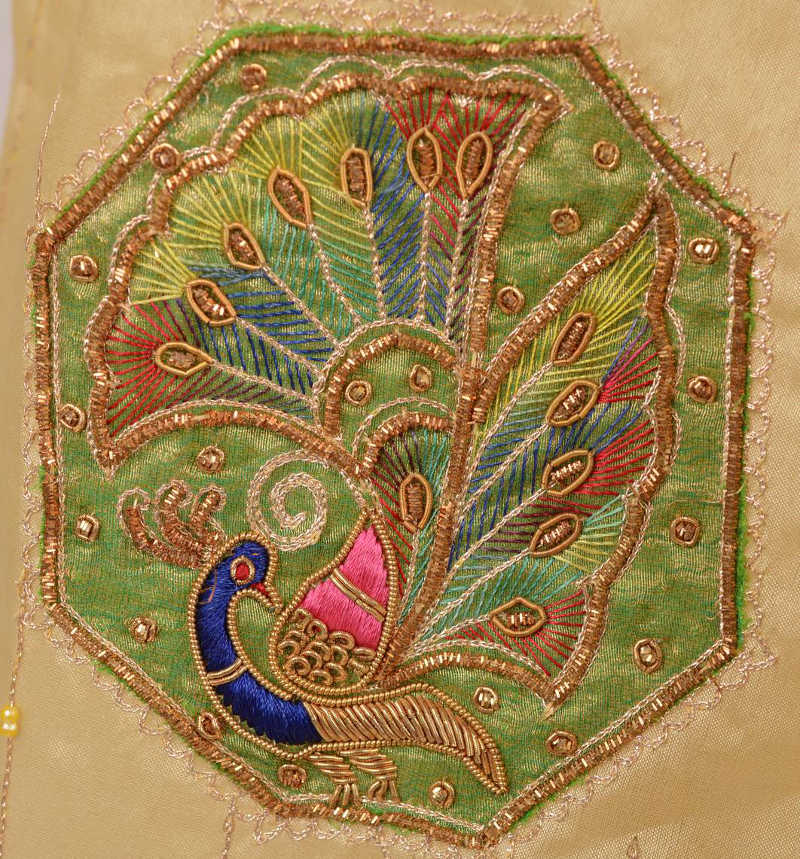===
0420,
1
===

=== |
 |
ḳhastah : 'Wounded, hurt; broken; infirm; sick, sorrowful'. (Platts p.490)
numāyāñ : 'Appearing; apparent, evident; conspicuous, prominent'. (Platts p.1153)
bastah : 'Bound, shut, closed, fastened, folded up; frozen, congealed'. (Platts p.155)
FWP:
SETS
MOTIFS == LIVER; MIRROR
NAMES
TERMS == METER; PROOFWhy does the liver, the blood-making organ (in the ghazal world), 'long for' more blood? Because the speaker has been using up his blood so quickly: he has had it flowing out from a wound in his heart, and also from his eyes as he sheds tears of blood. The proof of the liver's need for more blood is that now the speaker's tears of blood have 'congealed' in his eyes-- a sign that the flow of fresh blood has slowed or stopped.
It's also an enjoyable touch that the proof of this situation is 'evident, conspicuous', so that anybody can see it-- except the speaker himself, whose eyes have been sealed shut by the clotted blood.
Qa'im's verse assumes a glass mirror; older hand-blown glassmaking methods tended to produce wavy or bubbly effects.